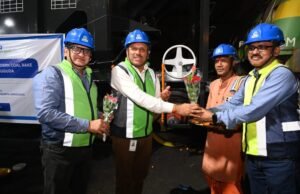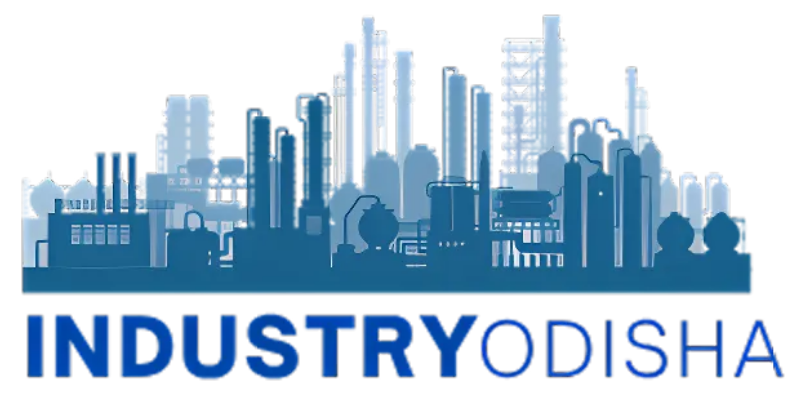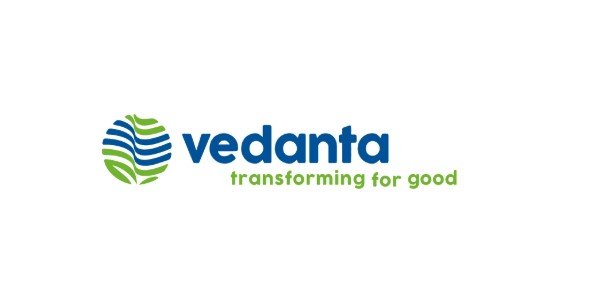New Delhi, 19/12/2024: In a strategic move to enhance operational efficiency and reinforce its commitment to sustainability, Vedanta Aluminium, India’s largest aluminium producer, has integrated the Bogie Open Bottom Rapid Discharge Railway Wagon (BOBRN) with pneumatic door opening actuators into its coal transportation system. The new system has been deployed at Vedanta’s major smelters in Jharsuguda, Odisha, and Korba, Chhattisgarh, under the Indian Railways’ General Purpose Wagon Investment Scheme (GPWIS).
The BOBRN wagons are specifically designed to transport large quantities of coal efficiently between key industrial sites such as thermal power plants, smelters, and ports. Unlike conventional wagons, these wagons feature a bottom unloading mechanism that allows coal to be dumped directly into hopper pits. This design significantly accelerates the unloading process, ensuring faster turnaround times and maintaining a steady flow of coal, which is critical for uninterrupted aluminium production. By enabling rapid and reliable coal delivery, Vedanta can further optimize its supply chain while reducing reliance on time-intensive manual handling or road-based transport.
Vedanta Aluminium operates some of the country’s largest aluminium production facilities, including the world’s largest aluminium plant in Jharsuguda and the prominent BALCO smelter in Korba. These plants require a consistent and reliable power supply to sustain operations. By introducing the BOBRN rakes into its logistics network, Vedanta aims to strengthen coal transportation efficiency, improve supply chain reliability, and reduce operational costs. Shifting a significant portion of coal transport from road to rail will also have substantial environmental benefits. Rail transport produces considerably lower CO2 emissions per ton of coal compared to truck-based transport, helping Vedanta reduce its carbon footprint and align with broader national and global sustainability objectives.

Currently, Vedanta Aluminium operates four BOBRN captive coal rakes and has plans to expand this fleet with four additional rakes. This expansion will further enhance the company’s operational capacity, enabling smoother logistics management, minimizing delays, and improving the overall efficiency of coal transportation to its smelters.
Commenting on the initiative, Mr. Sunil Gupta, Chief Operating Officer of Vedanta Aluminium, described the introduction of the BOBRN rakes as a “key milestone” for the company. He highlighted how the system improves rail efficiency, reduces turnaround times, ensures uninterrupted coal supply, and simultaneously lowers operational costs and emissions. Mr. Rajesh Kumar, CEO of BALCO, echoed these sentiments, noting that the BOBRN rakes strengthen the company’s supply chain while advancing its sustainability agenda, particularly the long-term target of achieving net-zero emissions by 2050.
Vedanta Aluminium has adopted a comprehensive, two-pronged strategy to reduce and offset its carbon footprint. This includes increasing the proportion of renewable energy in its overall energy mix, enhancing manufacturing excellence to optimize resource utilization and minimize waste, and transitioning to low-carbon energy alternatives such as biofuels. In recognition of these efforts, Vedanta’s smelters have been certified under the Aluminium Stewardship Initiative’s (ASI) Performance Standards, a globally recognized benchmark for sustainable aluminium production. Through such initiatives, Vedanta continues to demonstrate its leadership in integrating operational efficiency with sustainable industrial practices, setting an example for the metals sector in India and globally.


